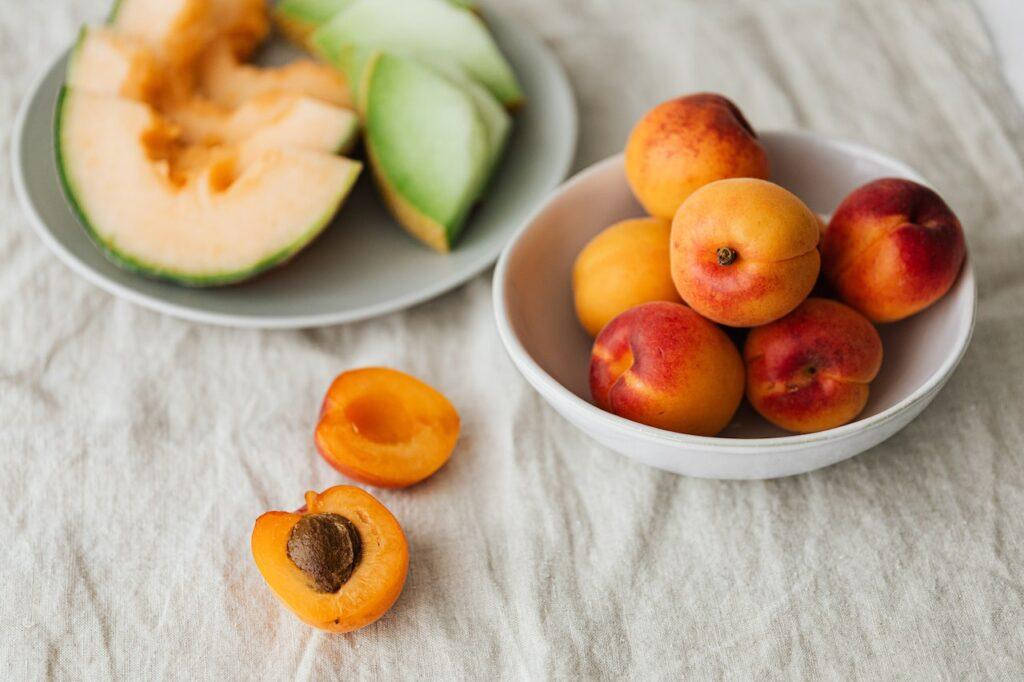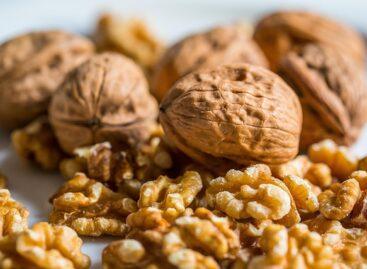Fruitveb: due to spring frosts, fewer apricots and peaches may be produced this year
Due to the spring frosts, fewer apricots and peaches may be produced this year, especially from the varieties that can be harvested early in June – reads the summary published on Tuesday on the website of the Hungarian Vegetable-Fruit Trade Organization and Product Council FruitVeb.

The arctic cold that arrived on March 15 did not yet cause any particular damage, at that time only a few varieties of apricots bloomed, and those only in Southern Transdanubia. Other apricot varieties and fruit species were still well before flowering. By the time of the second cold snap, on March 27, apricots and peaches were blooming all over the country, and plums and cherries were already blooming in the south. The other fruit species were 1-3 weeks from the beginning of flowering, depending on the region and species, they wrote.
Where it was not colder than minus 1-2 degrees, the crops that were about to bloom were not, and those that were in bloom were barely damaged. Cooldowns of minus 3-4 degrees have already caused tens of percent of flower damage in crops that are blooming or a few days before flowering, especially apricots, peaches, and cherries.
Related news
Walnuts are available at incredible prices
🎧 Hallgasd a cikket: Lejátszás Szünet Folytatás Leállítás Nyelv: Auto…
Read more >The Ministry of Agriculture pays special attention to supporting the horticultural sector
🎧 Hallgasd a cikket: Lejátszás Szünet Folytatás Leállítás Nyelv: Auto…
Read more >AM: Ministry of Agriculture supports the replacement of plantations damaged by frost
🎧 Hallgasd a cikket: Lejátszás Szünet Folytatás Leállítás Nyelv: Auto…
Read more >Related news
The Year of the Horse – Culinary trends in 2026
🎧 Hallgasd a cikket: Lejátszás Szünet Folytatás Leállítás Nyelv: Auto…
Read more >








